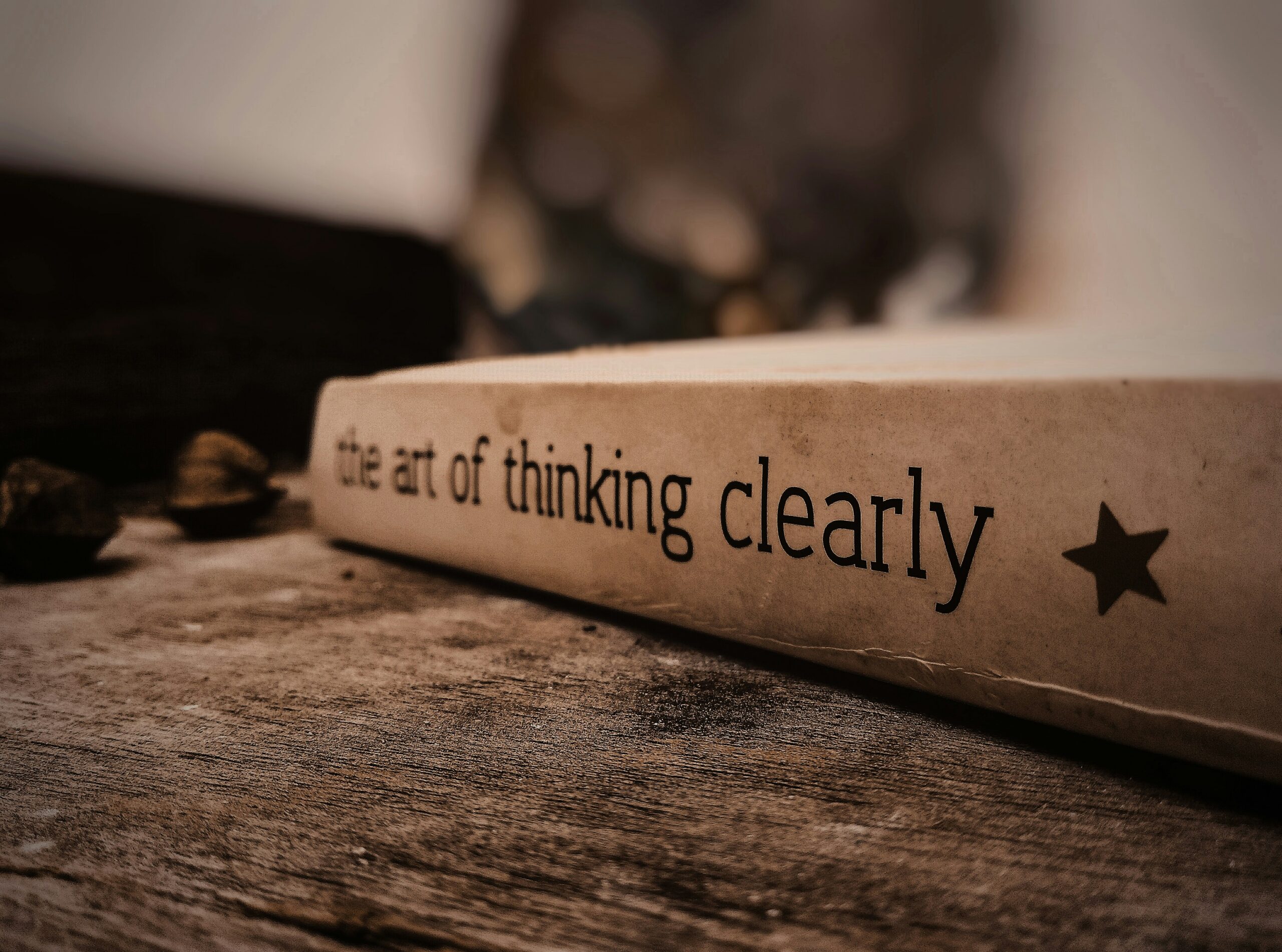
Thinking and reflecting are incredible gifts we all have as humans. But have you ever really stopped to consider the difference between thinking and rationalization?
They’re both deeply human, and interestingly, they both show up a lot when you’re adjusting to life in a new country.
The other day, I was writing about how having a sense of moral superiority can actually make it harder to adapt to a new country. Someone commented that this need for superiority often comes from an inflated ego, shaped by our culture and upbringing—which is absolutely true.
I’d add to that: this feeling of moral superiority often masks some unresolved “personal insecurities or issues” that we’ve pushed out of our awareness. Our ego just doesn’t want to acknowledge them, so it swaps them out for an idea that elevates us. It creates a story where we’re the ones who have it all figured out, the ones who are “right.”
When you move to a new country, everything is suddenly new and different—and this is exactly where rationalization can begin. This isn’t the same as just overthinking. Rationalization is a psychological defense mechanism. It’s when you already hold a belief or opinion, and then you build a “logical” narrative around it—creating excuses or justifications—to convince yourself (and maybe others) that your belief is valid. It’s often an unconscious process, designed to protect you from an uncomfortable or threatening truth.
Thinking, on the other hand, is a true cognitive process. It’s about exploring variables, statements, or information, and then analyzing them to discover something new or make a clear decision. It’s an open, curious process where you’re genuinely seeking understanding.
The difference between thinking and rationalizing is a qualitative one. Their purposes are different: one aims to reach understanding or a conclusion, while the other aims to protect the self or the ego. Their mechanisms, functions, and consequences are also distinct. Claiming moral superiority, for instance, helps preserve a certain self-image and lets us avoid confronting uncomfortable truths. In the context of moving abroad, that truth might be the need to genuinely change and adapt.
In my coaching work, I have to pay very close attention to many things, listen deeply, and form hypotheses to either confirm or challenge. Sometimes you grasp things immediately, but that doesn’t mean you don’t need to break them down slowly and carefully for your client. It’s a bit like a surgeon working under anesthesia—you can see what’s happening, but the client isn’t processing it at the same pace.
I’m naturally curious about people and innately empathetic, because I know that behind every statement or behavior, there is a narrative—a story that has formed over time, for a specific reason and purpose.
We all have these stories. And while maybe no one needs coaching, I honestly believe everyone deserves a safe, non-judgmental space to unpack those stories.



